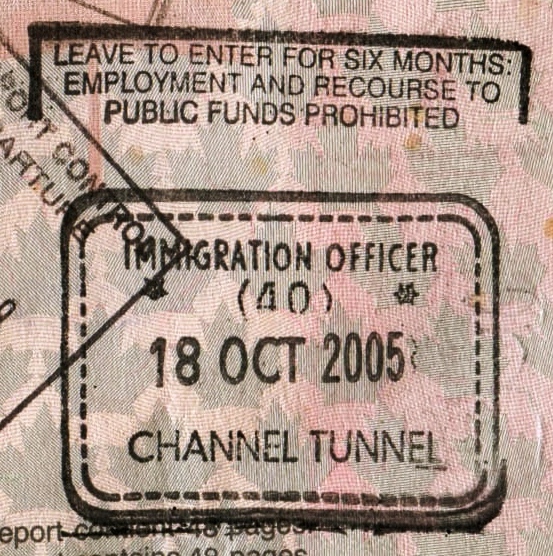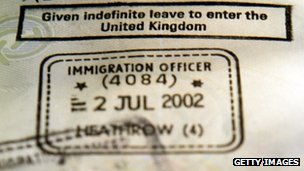A US/Swedish dual national transited UK immigration controls on his US passport. After a brief landing interview, the IO issued Indefinite Leave to Remain along with a handwritten note that the holder was a dual national.
This was a mistake on the IO's part. Sometimes this happens; I have seen it personally about twice, once in London and once in Moscow that affected about 200 people. There were also two cases of corruption: a case where an IO was selling ILR stamps at Heathrow because she was in debt; and another IO in Dover also female with the same personal issues. Corruption does not apply in this case allegedly.
ILR gives the holder immediate access to public housing and free NHS treatment plus all the other trappings of the welfare state. It's a serious mistake, although it's not the person's fault it still needs to be fixed.
Could you please write in an answer why this was inorrect, what leave
stamp and with what code/annotation he should've got (I assume the
rectangular, "custom" one as opposed to the default plain-text 6-month
visitor one)
It's incorrect because his US passport is buggered up with an erroneous document that opens the door for further abuse. Plus a passport should never admit to multiple nationalities without the holder's consent. Think about it. He will have to answer questions about it every time they see it. It's also incorrect because the Border Force has the wrong person at a primary control point. Presenting a US passport he was supposed to get the standard leave-to-enter stamp. Like this...

Had he presented his Swedish passport then the answer from Henning Makholm would apply. And while he is ok from a freedom of movement perspective, he has no claim for permanent residence in the UK. EU nationals acquire permanent residence through a different rigmarole. Answers focusing on freedom of movement have missed the point. There is no occasion whatsoever for an IO to apply EU rules in a US passport.
and whom he can contact to fix this,
The next time he is air side, he should ask for the duty CIO and explain what happened. The CIO will know what to do immediately when he sees the stamp. They will (most likely) give him an undertaking to agree that he has not used public funds and (most assuredly) revoke the stamp with no prejudice. It's a procedure (they will investigate and probably put stop flags on the others the IO admitted). They will not fix it from land side for lots of reasons outside of scope here.
I read in a UK guidance that "indefinite leave to enter" stamps are
officially no longer to be used at ports of entry, having been
replaced by visa stickers obtained in advance.
Corruption. The Chief Inspector gets very upset about it. The British public gets upset about it. The Border Force higher-ups get upset about it. Can you blame them?
You asked for this answer and you got it. Henning invited it. As I pointed out, freedom of movement is a red-herring.


